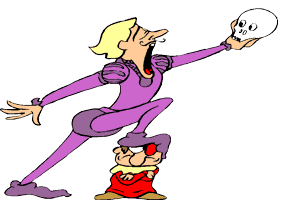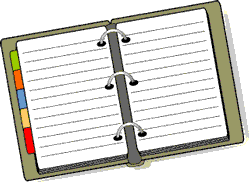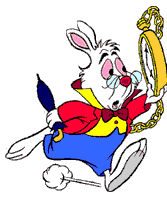As I told you in the part 1 of this series, character bibles are used to define the story’s main characters during the pre-writing stage. These sketches must be as detailed as possible. In this way, you’ll be clear about your characters’ appearance, peculiarities, virtues, shortcomings, customs, relationships, etc. Think about actors and actresses who must be very familiar with the characters they play in order to make a good performance. A writer who gathers information about a character faces a similar job.

Feel free to create the type of character sketch that best suits you. If you don’t know where to start, you can use the character sketch outline that I use for my stories. In my opinion, this document covers the most important points of a sketch. Let’s take a closer look at them:
 This site uses cookies. By continuing to browse the site, you are agreeing to
This site uses cookies. By continuing to browse the site, you are agreeing to 









